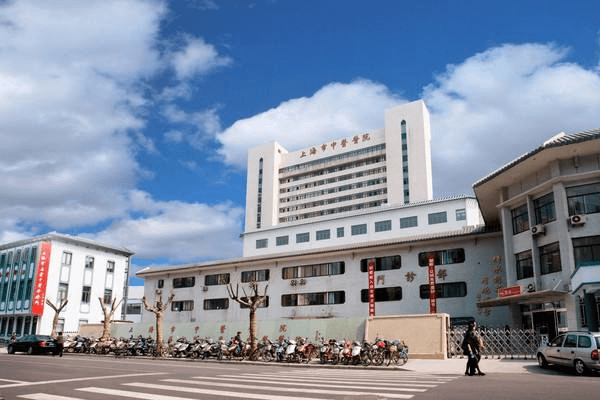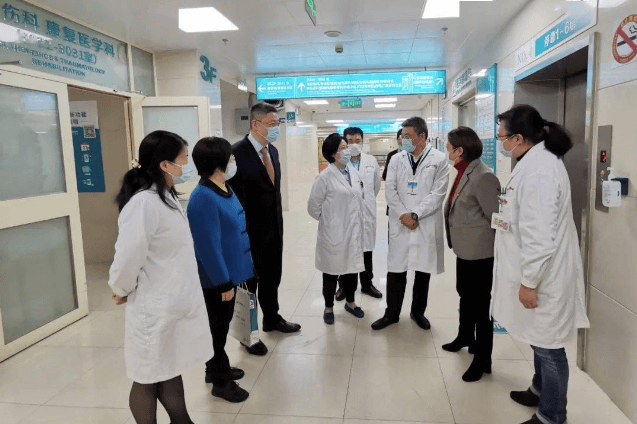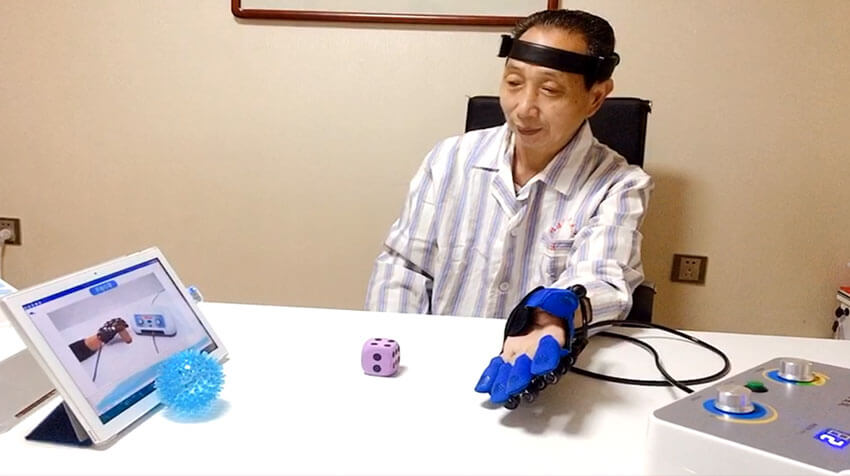Established in 1954, Shanghai Traditional Chinese Medicine Hospital is a tertiary comprehensive TCM hospital integrating medical treatment, teaching, and research. The hospital has 3 national clinical key specialties recognized by the Ministry of Health, 2 key disciplines of the National Administration of Traditional Chinese Medicine, 6 national TCM key specialties, 2 Shanghai municipal advantageous specialties, 1 Shanghai municipal traditional medicine demonstration center, and 1 Shanghai municipal TCM prevention and health care demonstration unit. In addition, it hosts the Shanghai Institute of Traditional Chinese Medicine Pediatric Research Institute and collaborates with the Shanghai Institute of Traditional Chinese Medicine Geriatric Research Institute to establish the Traditional Chinese Medicine Geriatric Translational Medical Research Center. It also collaborates with the Shanghai Association of Traditional Chinese Medicine to establish the Shanghai Famous Old TCM Academic Experience Research Center.

Artificial Intelligence + Healthcare In the current context of insufficient medical resources, doctors are under significant pressure. Utilizing artificial intelligence to further enhance the precision of medical care can greatly alleviate the burden on the healthcare system. In the future, with the drive of good models, artificial intelligence can be closely integrated into practical applications, providing tangible benefits to both doctors and patients.

Soft Rehabilitation Robot The application of robot technology in the medical field is not uncommon, such as intelligent prosthetics, exoskeletons, and assistive devices that repair human damaged bodies, and healthcare robots that assist medical staff. There are currently two main types of medical robots in practice: First, wearable robots that can read human neural signals, also known as "smart exoskeletons"; Second, robots that can perform surgical or healthcare functions, with IBM's Da Vinci Surgical System being a typical example. The soft rehabilitation robot uses the core technology of brain-computer interface (BCI) in soft rehabilitation robots. The developed soft rehabilitation robot controls hand patients to complete basic daily actions such as grabbing a cup, lifting a cup, pouring water into the mouth, and other hand movements through BCI. BCI allows patients to control external devices through their thoughts for training, converting traditional passive movements into active training, thereby further enhancing the patients' initiative and overcoming the shortcomings of traditional rehabilitation hands that are passively and singularly mediated. It can also form feedback in the patient's damaged central nervous system, stimulating brain remodeling or compensation, thereby improving rehabilitation efficacy.

China-UK Joint Research Institute for Artificial Intelligence Learning: Jointly established by more than 10 professors and doctors who have returned from studying abroad from the University of Ulster in the UK, THE SMART CLOUD ZONE LTD., Fujian Normal University, and Zhiliang Zhichuang Technology Co., Ltd. The research institute's team members include Minjiang Scholars, Xiamen Double Hundred Plan talents, high-level talents introduced by Fujian Province, and researchers from world-class institutions such as Imperial College London. Team members have long been engaged in the application research of artificial intelligence, leading more than 30 national and EU projects. The institute focuses on researching deep learning and other artificial intelligence algorithms, developing FPGA-based physiological signal perception chips, artificial intelligence EEG feature extraction methods, and artificial intelligence learning statistical analysis algorithms.